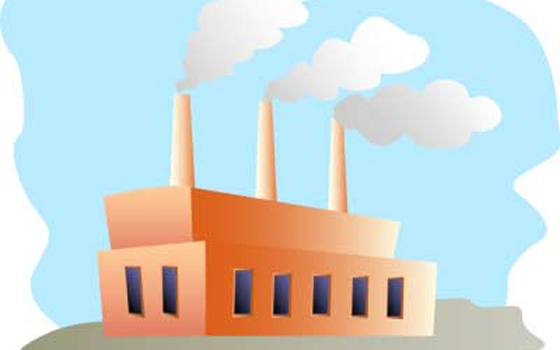Syrian industrialists are queuing up to establish industrial plants in Lebanon, the industry minister told. “At least a dozen Syrian investors have applied for industrial plant licenses in Lebanon with millions of dollars to be invested” in the next 3 years, Vreij Sabounjian said, adding that applications have been received over the past year.
The minister said the planned factories would cover industries such as metal works, furniture, machinery and beverages. The plants would be mainly located in the Bekaa Valley region and areas surrounding Beirut.
Other Syrian investors preferred to put their money in Lebanese-owned factories or are mulling joint ventures with Lebanese businessmen, according to Sabounjian.
Sabounjian, however, noted that he had received complaints that several Syrian investors, particularly those who had come to operate smaller, labor-intensive plants, had failed to apply for permits or register staff at the National Social Security Fund.
The Syrian market, which for decades depended to a large extent on local industry, has been facing shortages after most of Aleppo’s manufacturing plants were devastated or looted in the ongoing military conflict.
But the destruction of plants in Syria has opened export opportunities for Lebanese manufacturers.
“Lebanon is the closest country to Syria. A lot of industries in Lebanon are able to sell in Syria and are benefiting a lot,” Sabounjian said.
“Some industries – including cement, garments and woodworks – are even selling to countries where Syria used to export to.”
The overall impact of the Arab uprisings can be summarized as having reached a stalemate. While the sector remains afloat, it has limited opportunity to expand amid the current uncertainty, the minister admitted.
“The external influences on the Lebanese industry and economy are quite strong. While some sectors face a very negative impact, other industrial sectors are performing better because competitive markets are doing badly.”
“Overall, our major concern right now is to preserve the industrial sector and prevent any industrial firms from going out of business,” he said.
On the exports front, the minister believes that Lebanese industry should actively seek new markets, particularly where value-added products and flexibility in delivery quantities will make a difference.
“We need to understand that our traditional markets are not stable,” he said.
Underserved and growing markets in Iraq, several African countries, and the Caucasus can be entered successfully by Lebanese industrial firms, he said.
Tapping into African countries through the Lebanese communities is one way of easily facilitating access to these markets, the minister added.
One success story is the shoe manufacturer industry, which now employs some 7,000 people and is exporting to a number of emerging economies.
The changing market dynamics, however, mean that key plans have had to be shelved for now. A plan to build several industrial zones in Lebanon, for instance, has been faced with little interest from investors, Sabounjian said.
Local municipalities, who own the lands needed for the potential sites, have also shown little interest in environmental concerns.
Industrial firms, already located in several industrial areas around Beirut and Mount Lebanon, are not eager to move to new locations, the minister said. Relocating factories can be a very costly process that requires moving machines and laborers as well as halting production for a period of time.
Commenting on the country’s economic prospects, Sabounjian said he remains a firm believer in a balanced economy that needs to continue to diversify from real estate and services into productive sectors.
The Daily Star
9 March






















































